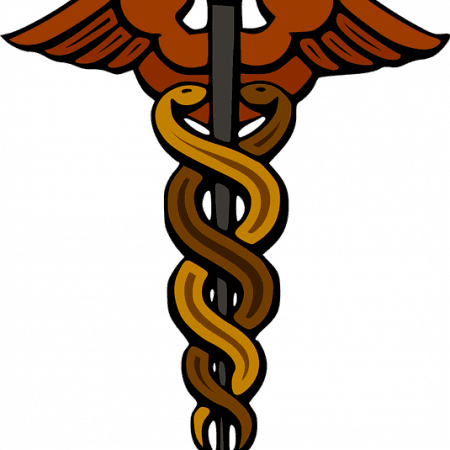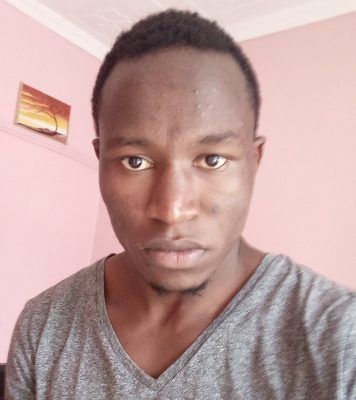The Kenyan education system is ranked as the best in Africa, but clearly, there is still room for improvement. Following my talk with Mwangi about some challenges in the current education system, I sought to find out more on this topic. Having previously browsed on the subject of African Indigenous Knowledge Systems (AIKS), I drifted towards this area. Building evidence point to the power of the unconscious mind, this means that adding AIKS to education is granted to improve learning.
Alchemy
The field of Alchemy is the primary mode of ancient wisdom that was developed in, and used by ancient Africans. According to Egyptologist Wallis Budge, the Arabic word root al-kimiya for alchemy literally translates to The (Egyptian) Black Land Science.
After the Late Bronze Age collapse, many of the old modalities of knowledge that existed in Africa were lost to Africans in what was the beginning of a millennia-long period of mass migrations crisscrossing the continent. This chaotic and disruptive process that ultimately placed us (our ancestors) in our current homes potentially caused the loss of the art of Alchemy as a discipline.
Today, Alchemy is getting a revival the world over. Suddenly, people are recognizing the need for comprehensive learning, accommodating the “other mind”, “subconscious” or spirituality in education.
Spirituality
The Japanese concept of Ikigai has been sweeping through self-development and neo-education simply because of its spirituality. The definition of Ikigai – reason for being – goes beyond a well-paying job. It is about getting meaning, satisfaction, and fulfilment from your job. Basically, adding a spiritual component to work.
In scholarly discourse, there is general consensus that African Modalities of Knowing are largely spiritual (Ngara, 2007). Ngara’s article discusses the concept of giftedness, which prevails in all Bantu communities, as an idea that pervades everywhere in Africa.
During my talk with Mwangi, I remember him mentioning that he always thought himself to be a special young boy. Malaika, was the exact word he used. His talent was a keen aim – he could hit a flying bird twenty feet away at the age of 7. This belief, reinforced by his parents, was completely lost in the mediocrity of our current education system. And Mwangi was never recognized for the gifted archer he might have been had he been nurtured appropriately.
Competence-Based Curriculum – A step in the right direction
The competence-based curriculum (CBC) seems to veer in this direction, but there is need to extend this idea to not just learners, but graduates and working-class adults as well. If the Kenyan education system has taught us anything, it’s that the classroom is not enough as the only source of education.
Smart people keep learning all their lives. As far as finding your Ikigai, learning what you are meant to do is a lesson you will never regret. It is an amazing intellectual and spiritual journey – the journey of self-discovery.
So what are some of these methods of teaching and learning that can bolster the efforts being made to reform Kenyan educational system?
1. Apprenticeship
Before the advent of colonialism, skills were shared exclusively through apprenticeship. If you wanted to become a blacksmith, you would have to learn ironworking by finding a blacksmith to teach you. Many artisan professions still follow this mode of learning. The Jua Kali sector, for example, still follows the apprenticeship method of teaching and learning.
2. TVET
The recent formalization of apprenticeship training through Technical Vocational Education and Training (TVET) centers and polytechnics is another nod towards African modalities of learning. Especially in the technical courses, practical learning has been shown to be highly effective in equipping technical skills.
3. Mentorship
Another important aspect of African modalities of knowing and learning is the concept of mentorship in education. Unlike teachers, mentors are more invested in a student’s learning, which means that they are better able to support and nurture.
4. Specialization
Specialization is a common feature among traditional African communities. Especially in the event of giftedness, people were expected to use their special gifts to serve the community. For example, healing, divination, rainmaking, prophecy, pottery, etc.
In these revered roles, information and “secrets” were highly guarded. Specialization of information was observed, with information being shared on a “need-to-know” basis. In kikuyu, there is a saying; kagutui ka mucii gatihakaguo ageni - the household jar of smearing oil is not for sharing with guests.
Information specialization was most developed in inter-tribal affairs. As indicated by the pithy saying above, indigenous African modalities of knowing were confined to the community. Sharing with members outside the tribe was rare, as between the Maasai and Kikuyu in the 1800s.
However, ultimately information specialization would come to hurt Africans as a whole. Without the structures for information exchange, it was impossible to form the tribal alliances that might have helped us to dispel the colonist. “Divide and conquer” wasn’t so much that as it was “divided, conquer!”
The future
As the education sector undergoes a massive disruption around the world, we can start casting around for alternative solutions to classroom learning. But even as we look to Britain, America, and Japan for the “best” education systems to benchmark, it is critical that we inculcate native solutions in the Kenyan education system.
It is the combination of nature and nurture. By following the easiest (natural) ways of learning, it will be easier to nurture students into not just well-rounded employees, but also well-rounded men and women.
By combining old modalities of knowledge like alchemy with modern sciences, we can create an even more superior knowledge system than alchemy or African Indigenous Knowledge Systems.
[bctt tweet="Learning from past mistakes, Africans should learn to be united in education, if nothing else. Institutions like The African Renaissance Institute are critical for developing a coherent pan-African identity rooted in our shared cultural, economic, and scientific values." username="QaziniKenya"]
Reference:
Ngara, Constantine (2007). African Ways of Knowing and Pedagogy Revisited. Journal of Contemporary Issues in Education, 2(2), pp. 7-20.





